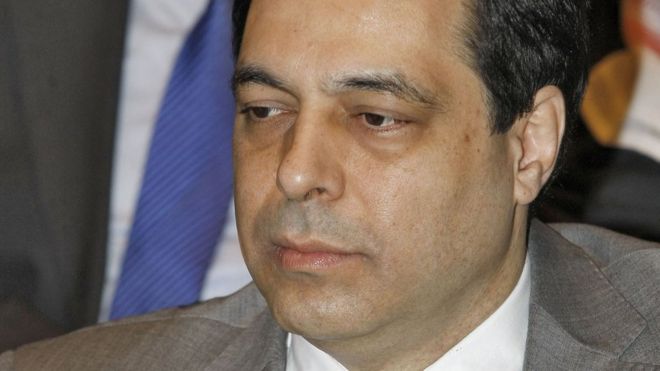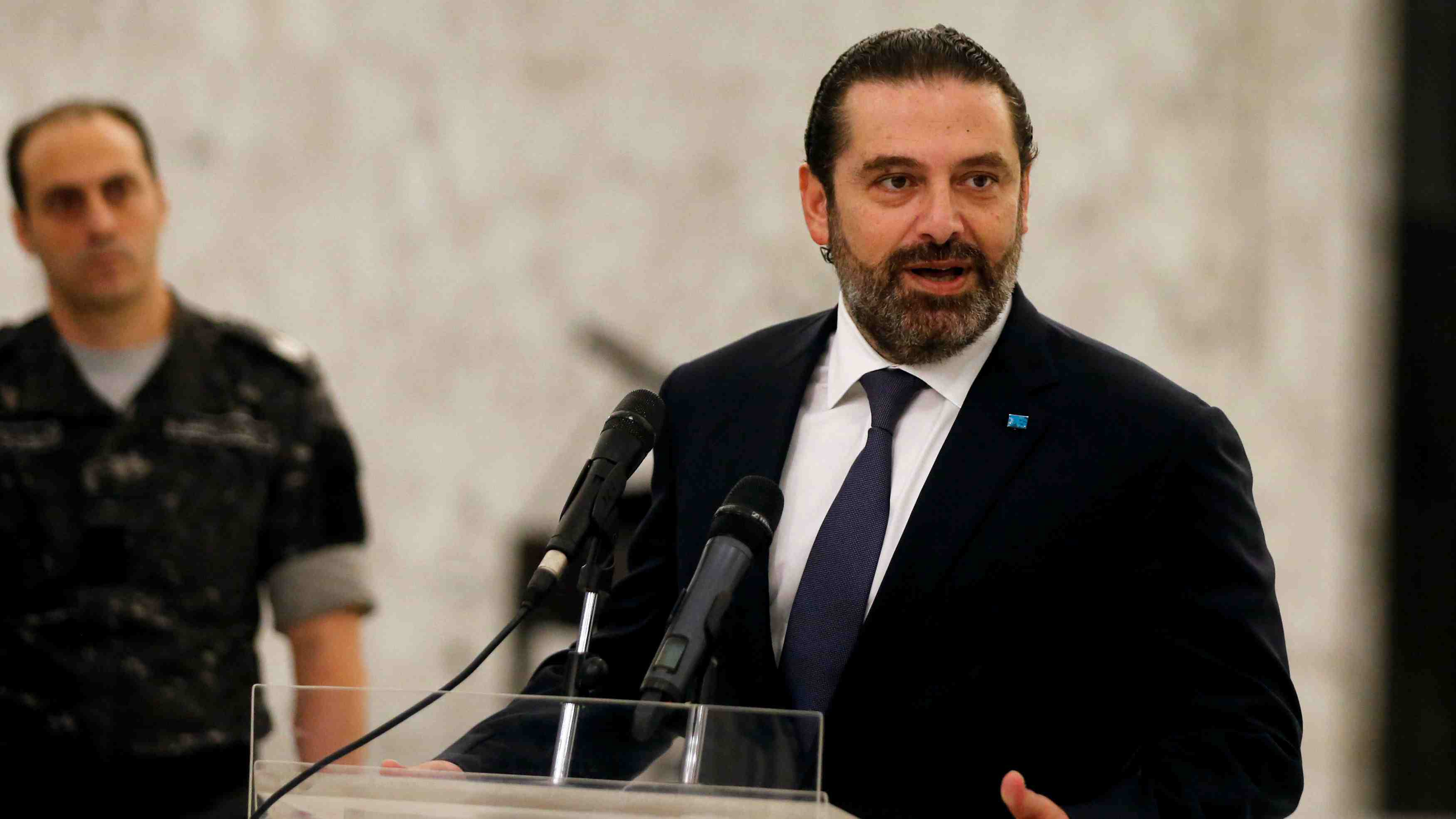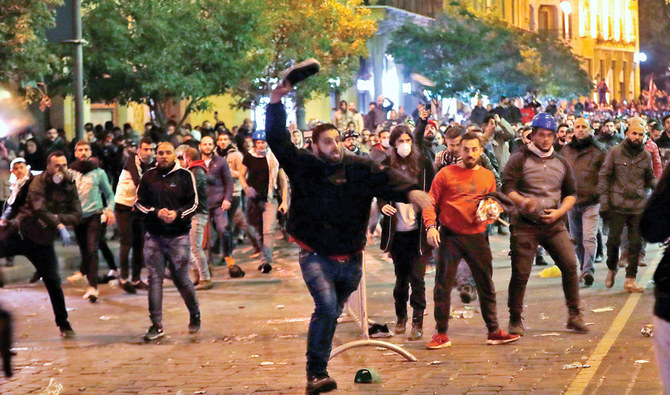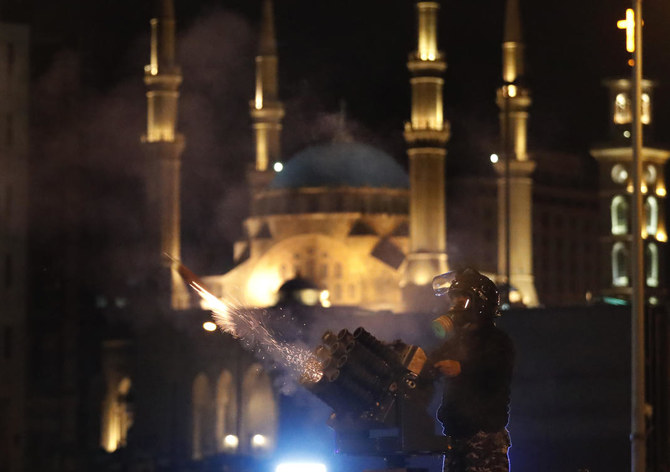
Beirut (AFP) Prominent street leaders Sunday shunned an invitation by Lebanon’s prime minister-designate to sit for talks over the formation of a new government, saying they are not ready to extend support. Debt-burdened Lebanon has been without a fully functioning government since former prime minister Saad Hariri resigned on October 29 in the face of nationwide protests. Demonstrators are demanding an overhaul of the political establishment which they deem corrupt and inept, insisting on a government of independents and experts with no ties to the country’s sectarian parties.
Hassan Diab, an engineering professor designated Thursday to form a desperately-needed government, had asked protesters to give him a “chance” to form a cabinet of independent experts within four to six weeks. But the self-styled technocrat’s call for consultations with representatives of the popular movement on Sunday failed to draw prominent street leaders or groups. A small crowd of protesters rallied outside Diab’s house and slammed visitors who claimed to represent the country’s leaderless movement. “You don’t represent us,” the protesters chanted.
The few who heeded Diab’s calls for talks included largely unknown individuals not recognised as representatives of the protest movement. “Not a single group actually active on the ground met today with the prime minister-designate because they are not convinced” he can form a government of technocrats, said Wassef Harakeh, a prominent activist. “They want us to get mired in this game of consultations,” he told AFP. In the protest camp in central Beirut, crowds began gathering in the afternoon. “The people that visited the prime minister-designate today do not represent the revolution,” said Ali Haidar, a resident of Beirut’s southern suburbs. “These talks were a failure,” he told AFP from the protest camp.














